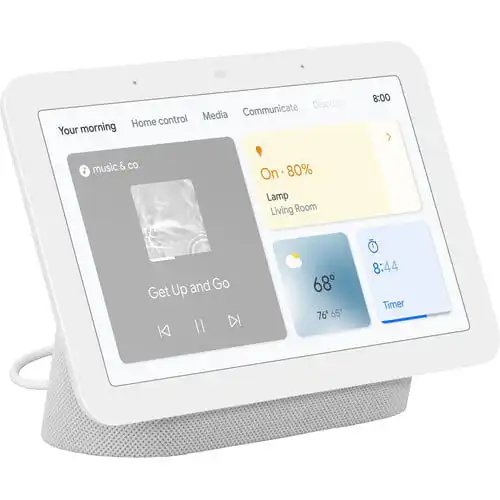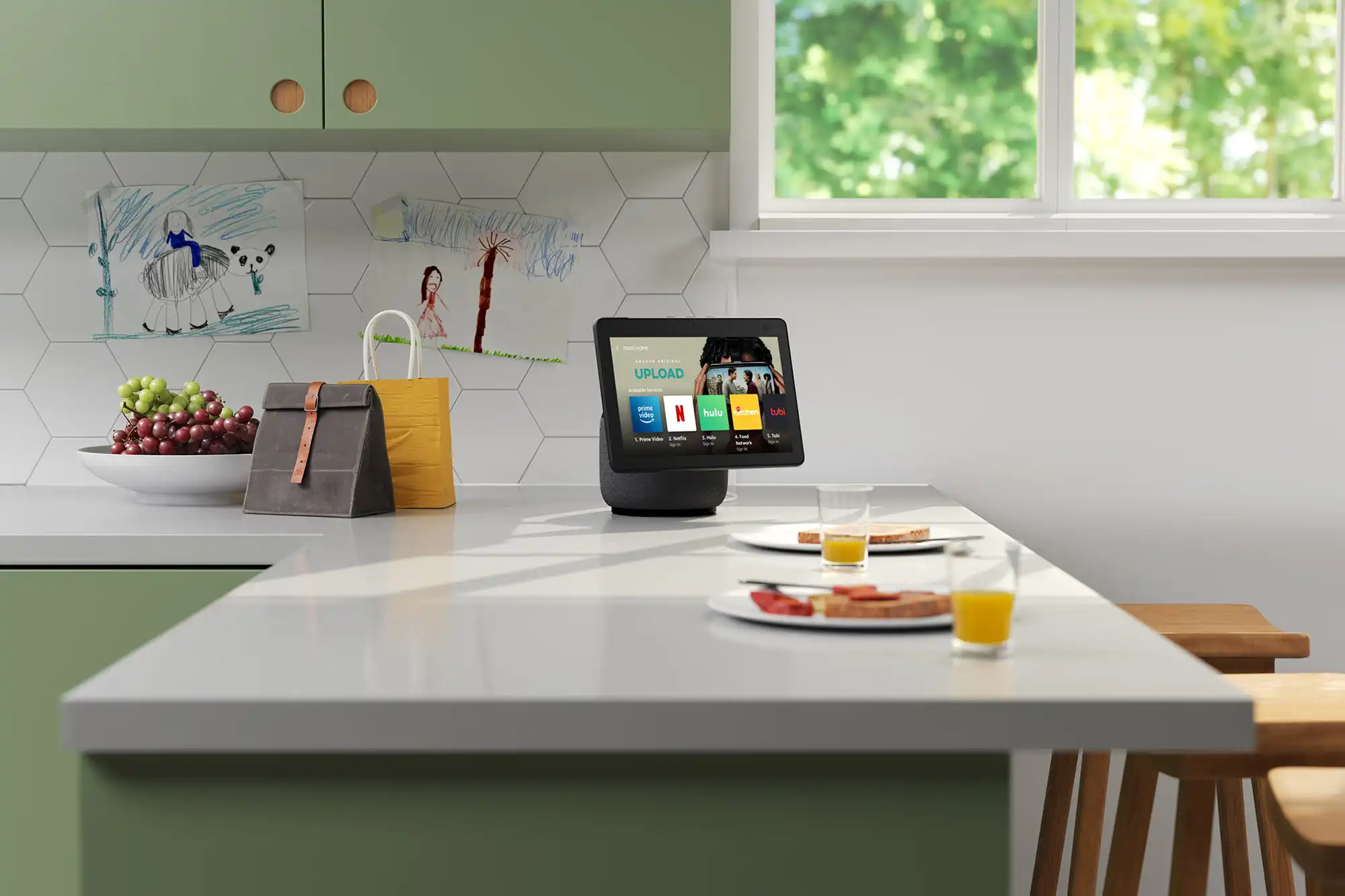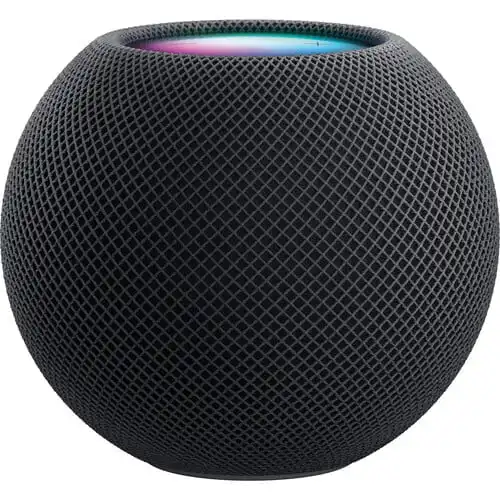Alexa vs Google Assistant vs Siri: it’s the battle of the smart speakers! These three platforms are quickly becoming ever more ubiquitous in today’s society. And you don’t necessarily need to have a smart home or a smart device to find them useful. These smart speakers can help you answer questions, help you keep on top of your day-to-day tasks, play music, offer a free way to make international calls, even learn your individual preferences.
We’ll be perfectly honest: we live in an Amazon Alexa-controlled home, with about six smart speakers throughout our home. However, we wanted to make this post as impartial as possible, so we tested the three major platforms free of bias. If you’re considering a virtual assistant, keep reading to find out who we think is best.
Before we continue, we won’t judge the voice assistants on things like sound quality. With new devices coming out rapidly, our goal is to evaluate the smart assistant itself. In a future post, we’ll be taking a closer look at the Google Home smart speaker lineup and other smart speakers using Google Assistant. You can see this post for the best Alexa smart speakers.
Alexa vs Google Assistant vs Siri: Best at Answering Questions
All three voice assistants answer queries sufficiently. However, we found that the Alexa platform does best in terms of answering questions. This might be a function of how they were programmed: Amazon seems to have spent a lot of time preparing Alexa to answer basic trivia. We typically got a satisfactory answer on the first try from either Google Assistant or Alexa without sending us somewhere else.
Google Assistant did get tripped up from time to time but generally performed nearly as well as Alexa. Siri, however, was by far the worst of the three, often offering search results instead of an answer (on the iPhone) or saying it couldn’t find an answer (on the HomePod). According to Apple, that’s by design — it wasn’t built for this type of use.
Winner: Alexa
Alexa vs Google Assistant vs Siri: Best at Understanding Questions
While Alexa does well in answering questions, it often requires voice commands to be worded in a specific way that might feel unnatural to the user. Google Assistant seemed to have better voice recognition, using natural language processing to understand intent, even understanding the word “and,” allowing us to daisy chain voice commands together, unlike Alexa. For example, Google Assistant can understand the query “turn the living room and dining room lights off,” whereas Alexa needs you to make two separate queries, as does Siri. We have to give the win to Google here.
Winner: Google Assistant
- 7" Touchscreen
- Native Google Nest support
- Quick gestures for common tasks
Alexa vs Google Assistant vs Siri: Best at Learning Your Preferences
While Alexa shines in its capabilities in answering your questions, and Google Assistant does wonderfully in understanding what you’re saying, it is Apple’s Siri that does the best in actually learning your distinct preferences and anticipating what you might want. Apple built Siri to be an assistant in your phone rather than live within a smart speaker.
While the experience is slightly different on the HomePod, Siri still relies on data gathered from your interactions on your iPhone, iPad, or Mac. Over time, we’ve found its suggestions to become pretty good, changing even based on your location and time of day. While Alexa and Google Assistant have started to focus on this aspect more (Alexa’s “hunches” are a great example), Siri still feels further ahead in this department.
Winner: Siri
Alexa vs Google Assistant vs Siri: Best Smart Home Compatibility
Of course, we’d judge the three smart assistants on their smart home capabilities: after all, that’s what this website is about. Here it’s a much closer race between the three. There are smart home devices that are not compatible with one another — most notably, Ring (owned by Amazon) is not available for the Google Assistant platform — but for the most part, Alexa and Google Assistant score similarly high here. Most smart lights are compatible with both platforms, as are smart plugs.
Siri isn’t too far behind, but smart home device manufacturers’ slow adoption of HomeKit means many smart devices are incompatible. We sometimes struggle to find compatible smart home devices to recommend, although that has been getting ever so slowly better.
All three platforms do sufficiently well at making it easy to control devices.
Winner: Tie (Alexa/Google Assistant)
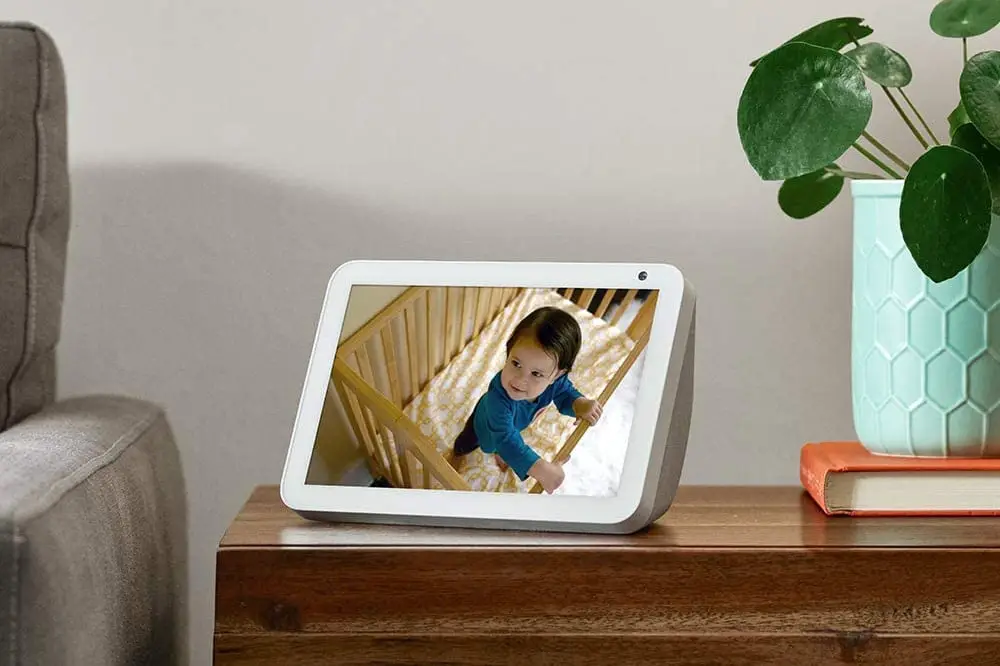
Alexa vs Google Assistant vs Siri: Best Third-Party Ecosystem
Here, the race isn’t even close. Alexa’s list of available third-party apps (skills) runs the gamut and is far superior to Google Assistant or Siri. This might result from the latter being built as extensions of either company’s own services, rather than relying on third-party services to provide that functionality for its users.
Winner: Alexa
- Two color options, charcoal, and white
- 10.1" HD screen that moves to face you
- 13-megapixel front-facing camera
- Zigbee smart home support built in
- 2 x 1.0” tweeters and 3.0” woofer
Alexa vs Google Assistant vs Siri: Best for Entertainment
With so many entertainment options, we all have our personal preferences. So we’ll judge here just based on the number of services available that can be called up via the virtual assistant. Whereas Google Assistant and Siri default to company-owned service, we found it easier to call up third-party services with Alexa. Depending on the query, Alexa even would play music from third-party services if Amazon’s services didn’t have the track.
However, this one is harder to judge because entertainment is personal. Apple Music is available on all three platforms, but Apple TV isn’t viewable on an Echo Show. YouTube Music is only available on Google Assistant devices: the same for Amazon Music. Be sure to check the support document for whatever digital assistant you choose to make sure it’s compatible with your favorite spots to stream music and video.
However, we are impressed with Alexa’s broad support for dozens of video and music services, so it’s only fair Amazon gets the win here.
Winner: Alexa
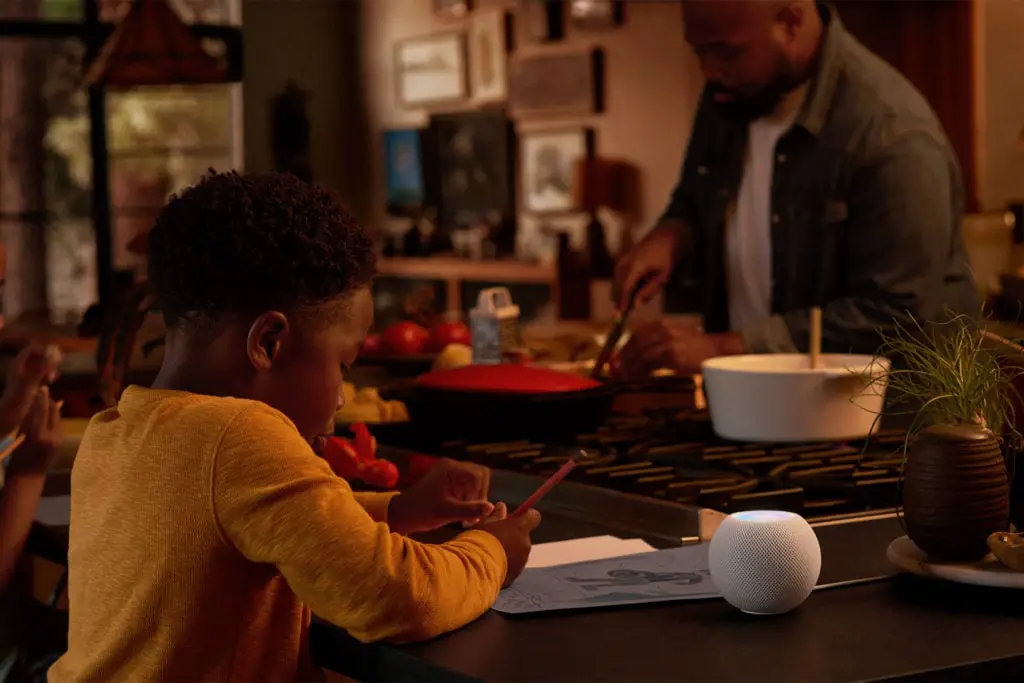
Alexa vs Google Assistant vs Siri: Best for Communications
Siri holds a distinct advantage here as it was built from the start to live on your mobile phone. The HomePod was an afterthought. However, as a result, the HomePod gains the ability to send and receive text messages natively, which is a nice feature. Calls you place and texts you dictate will show up in your recent calls and text messages, respectively. Google Assistant can do the same, but this works best with Android devices. Alexa requires additional setup and third-party skills to do the same. You’re limited to calling only others using the same smart assistant platform for video calls, so we didn’t include that in our score.
Winner: Siri
- 3.3" tall
- 360-degree sound
- Pair two for stereo sound
Alexa vs Google Assistant vs Siri: Best User Experience
In terms of user experience, we must consider all of the above. We like Google Assistant’s capabilities to deal with natural language queries: it’s one of the platform’s biggest selling points. At the same time, Alexa has many skills and works better on giving you usable responses to the things you ask. It’s hard to pick a winner here, so we’re going to call it a tie.
Winner: Tie ( Alexa/Google Assistant)
Alexa vs Google: Privacy
There is a lot of fear regarding smart speakers and keeping your personal information private. The Apple HomePod is probably your best bet if you don’t want to be tracked. Both Google Assistant and Alexa do track your personal habits as you use your smart assistant in an attempt to personalize the experience
You do have some control over what data they can track, however.
Our Verdict
So with our picks in the eight areas above, here are the final standings. Each “win” is equal to one point.
Alexa vs Google Assistant vs Siri Wins & Ties
- Alexa – 5
- Google Assistant – 3
- Siri – 2
While it might seem like Alexa is the clear winner here, we think it’s less obvious than it looks. Google Assistant comes in a close second in some of these categories, so even though it didn’t tie or win outright in more than two categories, it still is a better option than Siri, so we’ll award it second place.
Our recommendation? While we favor Amazon Alexa, we still think you should consider a Google Assistant-powered smart speaker, especially if most of your home uses Android phones. If you have a lot of Apple devices and can deal with Siri’s shortcomings, the platform is still pretty solid overall, and a HomePod smart speaker is your best bet.
However, HomePod’s high price makes purchasing multiple devices pretty expensive. By far Amazon Echo devices are the cheapest, and allow you to outfit the entire house with Echo speakers for much less than you would with Google Assistant or Apple’s HomePod.
If you use any of these services and have an opinion of your own in the Alexa vs Google Assistant vs Siri debate, let us know in the comments. We won’t be offended if you disagree!
